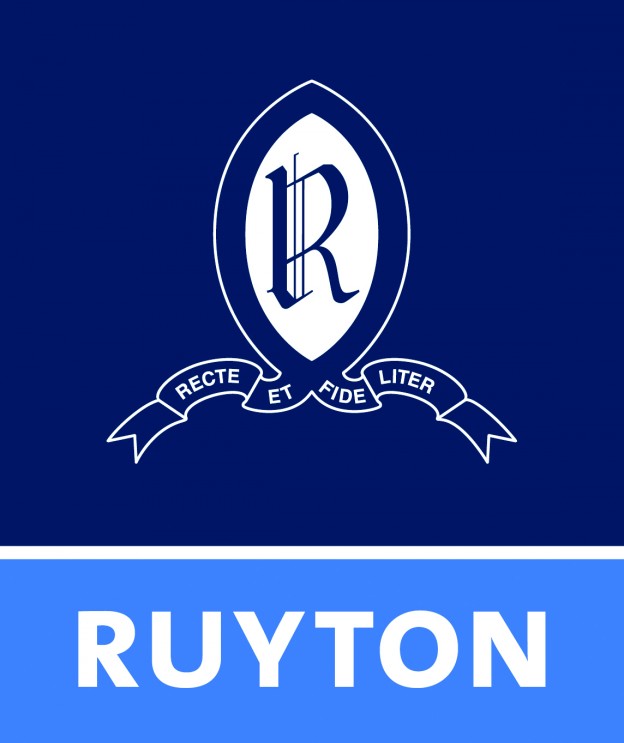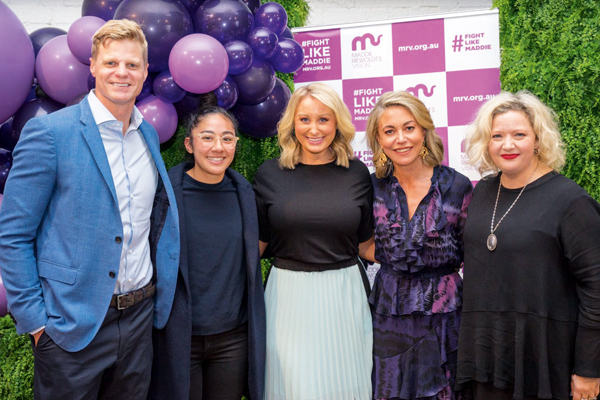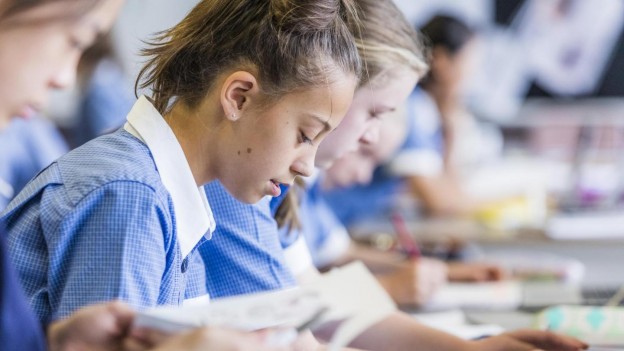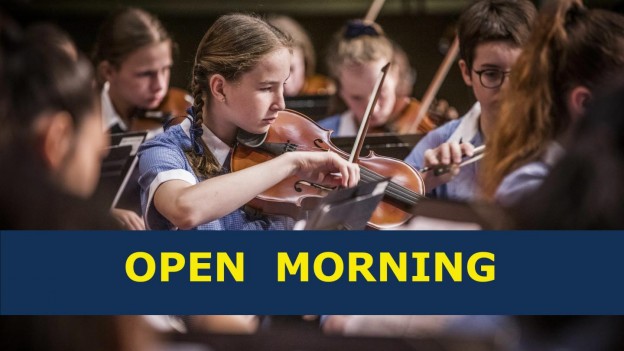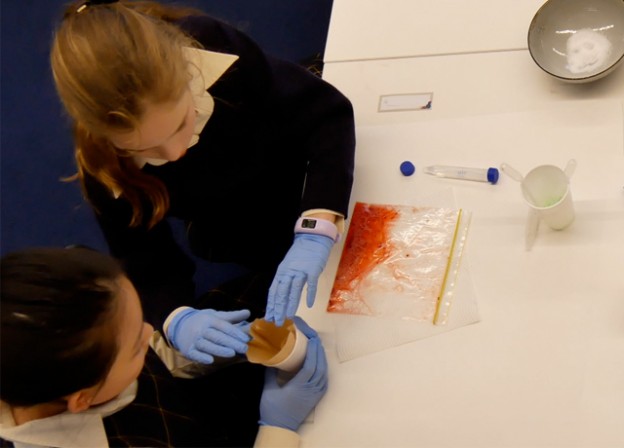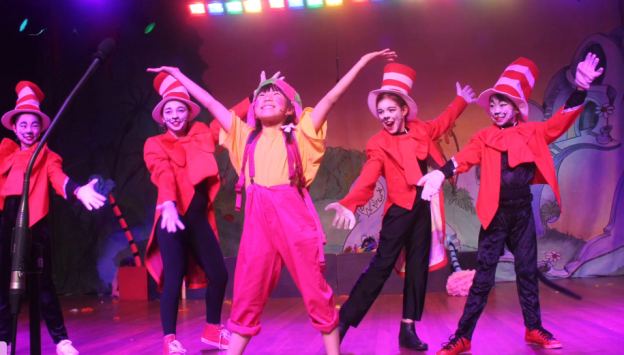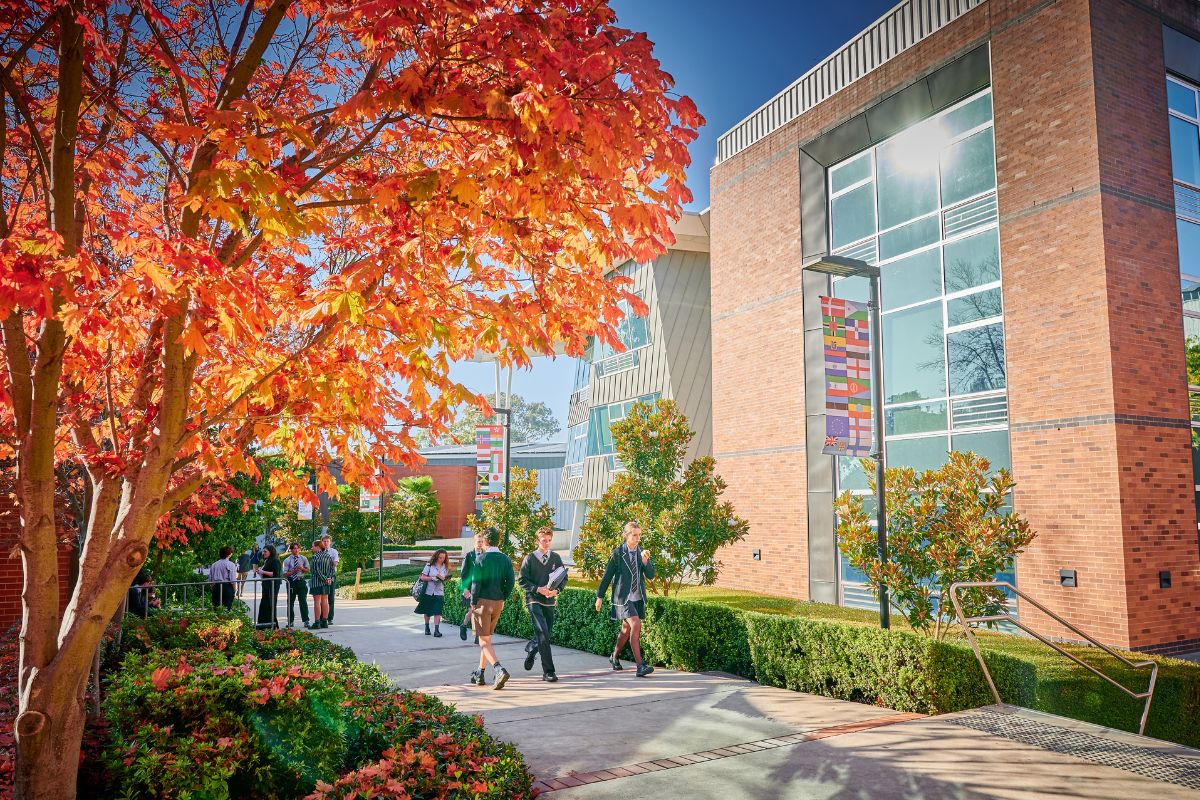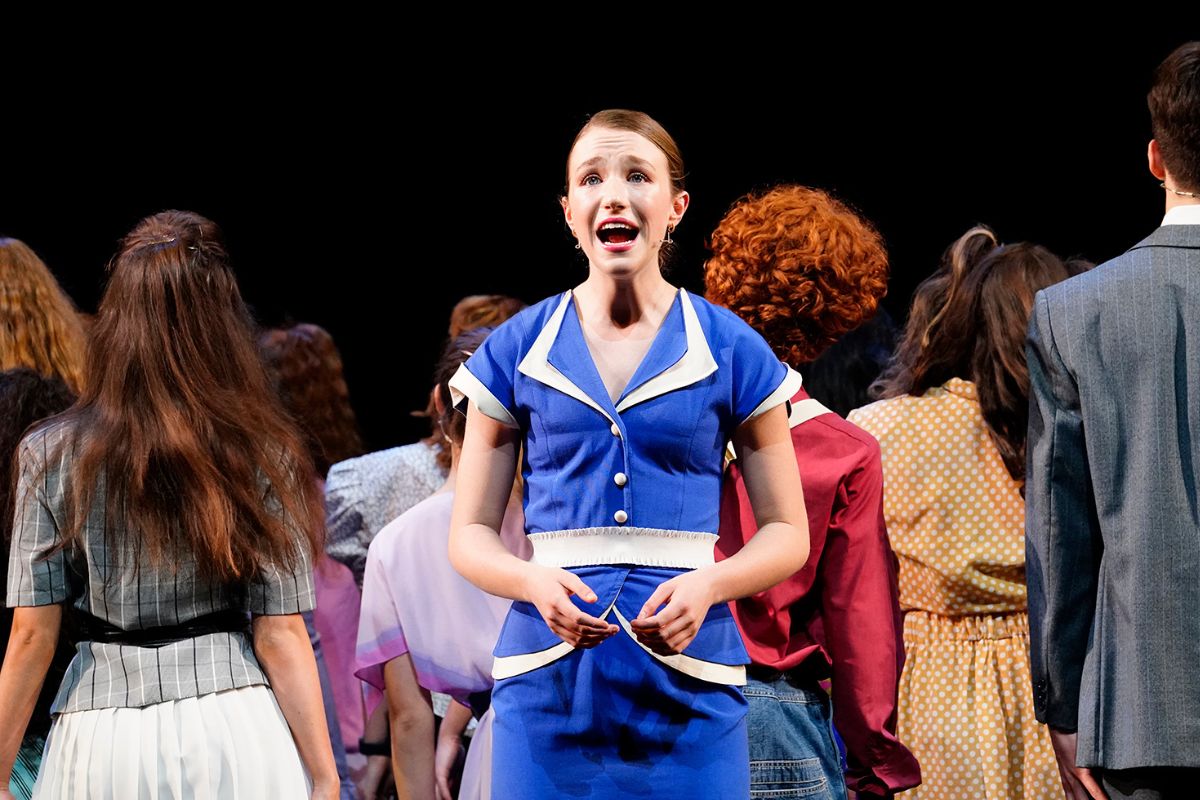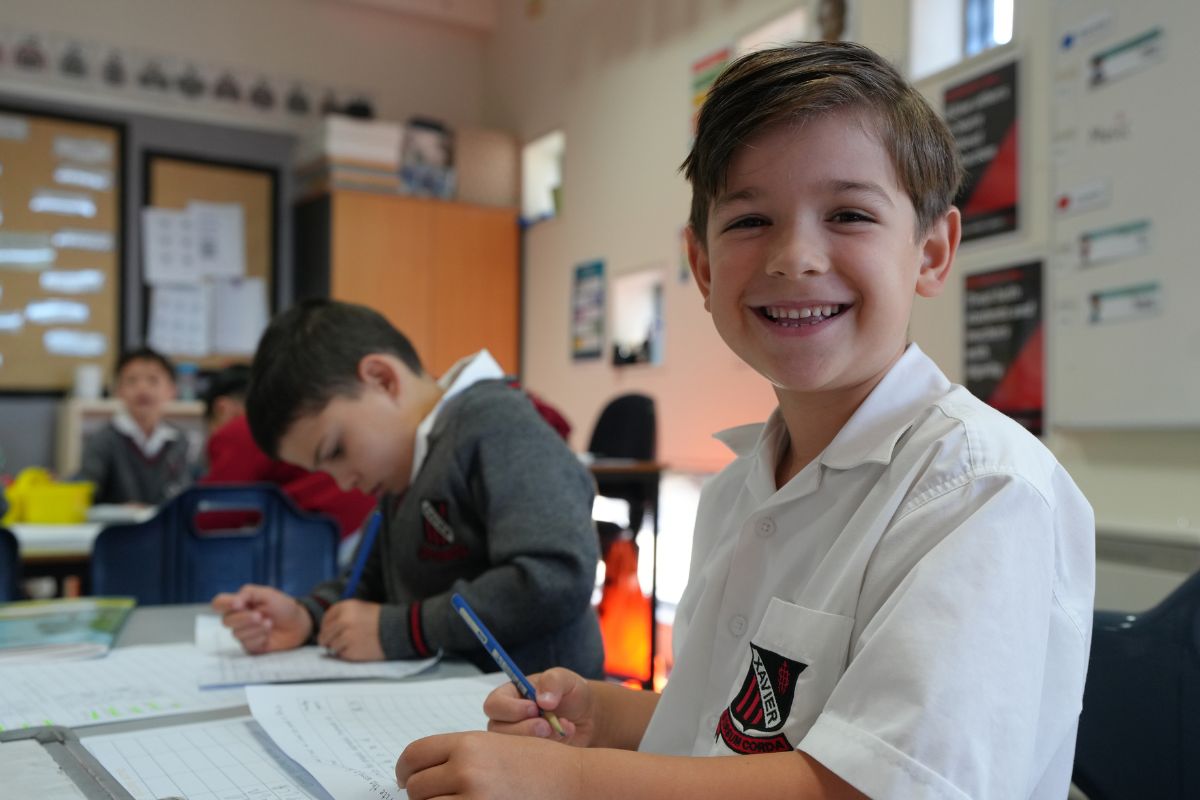All about play for Ruyton girls

Ms Linda Douglas, principal
“Play is the highest form of research,” said Professor Albert Einstein. As one of four children, I had a childhood full of Lego. I remember long hot summer days of creativity, construction and problem solving. There were the usual disputes over who could have which pieces, and that wonderful feeling of achievement when the project came together and was finally finished. However, in the manner of the never-ending Douglas clan rivalry, it was quickly dismantled by a sibling with the desire to build something else. What we didn’t realise at the time was that while we were at play, we were also learning. That through our experimentation, exploration and experience, we were learning mathematical and design concepts; and, hopefully, a little bit about the importance of compassion, collaboration, and sharing.
The Faculty of Education at the University of Cambridge, consistently ranked in the top five in the world, has recently appointed Professor Paul Ramchandani as the LEGO Professor of Play in Education, Development, and Learning. In association with the Professorship, the LEGO Foundation has further funded the establishment of a Research Centre in Play in Education, Development and Learning (PEDAL). The centre will examine the importance of play and playfulness in education globally with an aim to produce research that supports excellence in control.
Professor Ramchandani will lead a team examining the importance of play in education globally. Their research aims to ensure that “children are equipped with 21st century skills such as problem-solving, team work and self-control”.
“Everyone has an opinion about what [part] role-play should have in early education and there is some wonderful research, but there are also big gaps in our knowledge,” says Professor Ramchandani. “We need the best evidence possible in order to inform the vital decisions that are made about children’s education and development and I look forward to taking that work forward together with colleagues at Cambridge.”
Researchers at PEDAL will work to devise and evaluate play-based teaching methods – an approach on which education experts are placing increasing emphasis as an important part of child development. The team will undertake a long-term study into how children are encouraged to play at home and school, how it benefits them, and what brain processes are involved.
Increasingly in today’s world we are realising the value of play, tinkering and playful learning. We use our imaginations to plan, predict, and understand how to solve a problem by looking at it from different perspectives and use the skills and knowledge from different disciplines. Whether it be in the workforce or the education sphere, collaboration, problem solving and idea formation are all skills that are increasingly admired and sought after.
Published by: RUYTON GIRLS’ SCHOOL
As an independent, forward thinking girls’ school, Ruyton is committed to preparing girls for a lifetime of learning, leadership and […]
- 03 9819 2422
